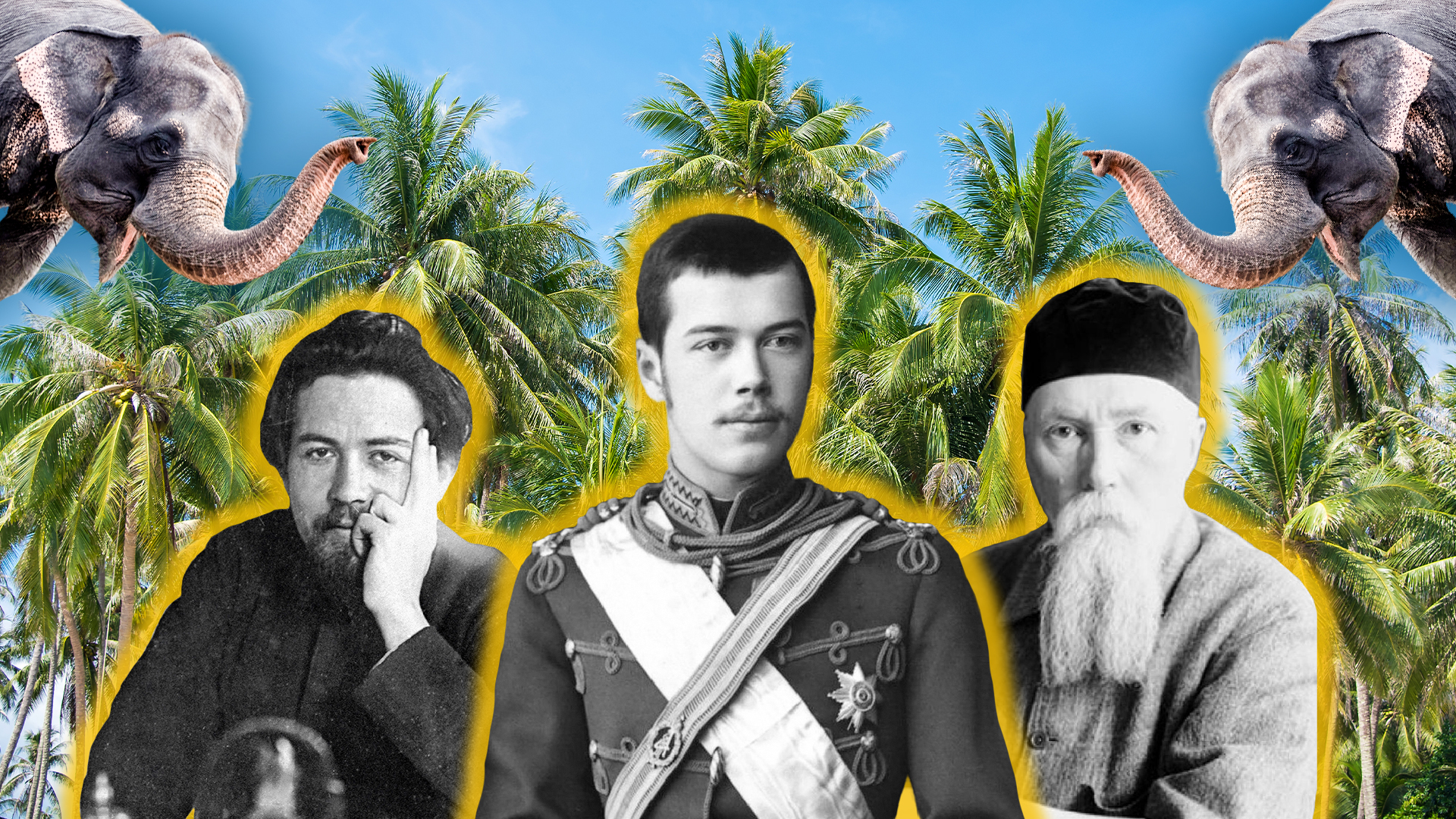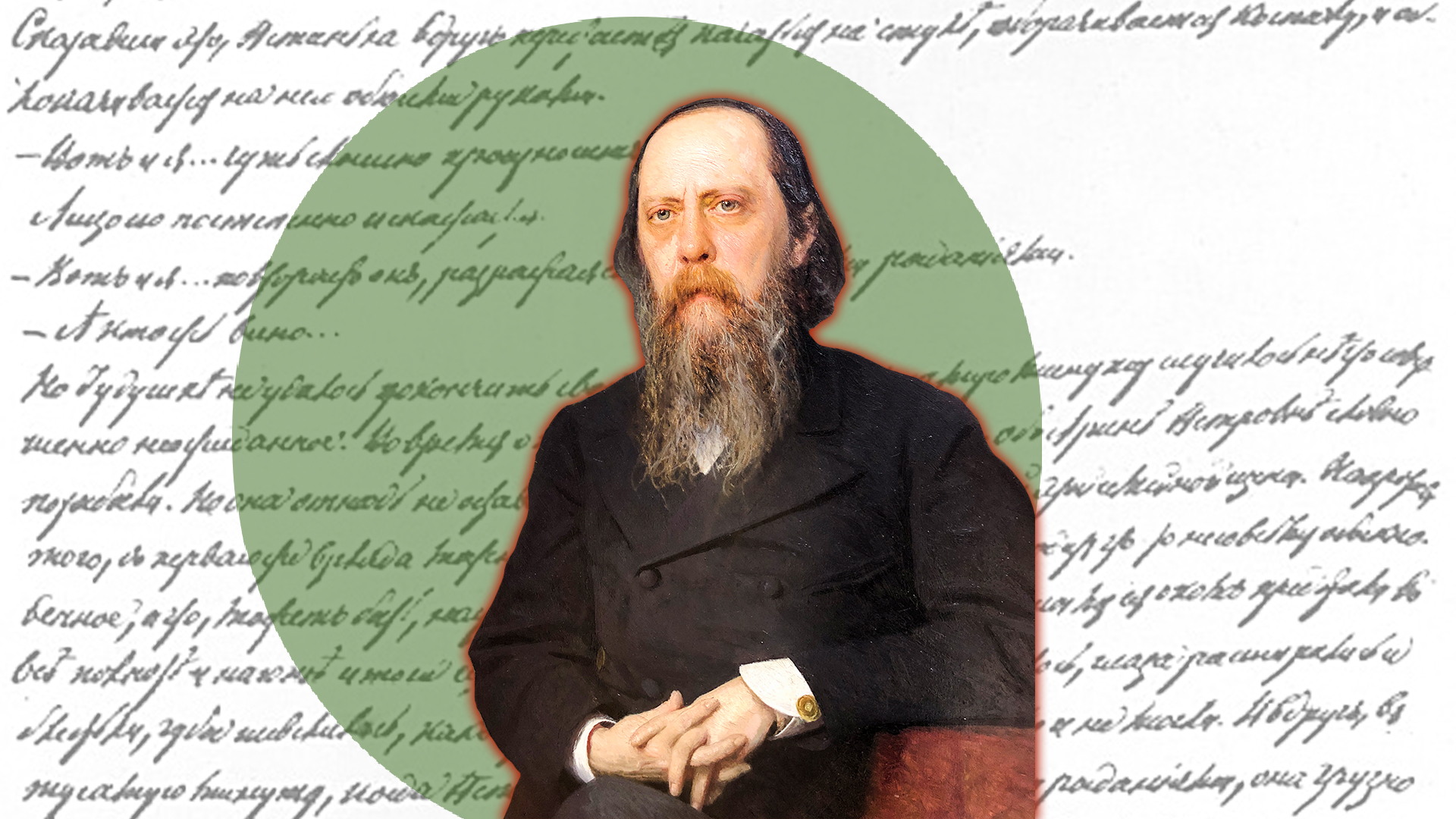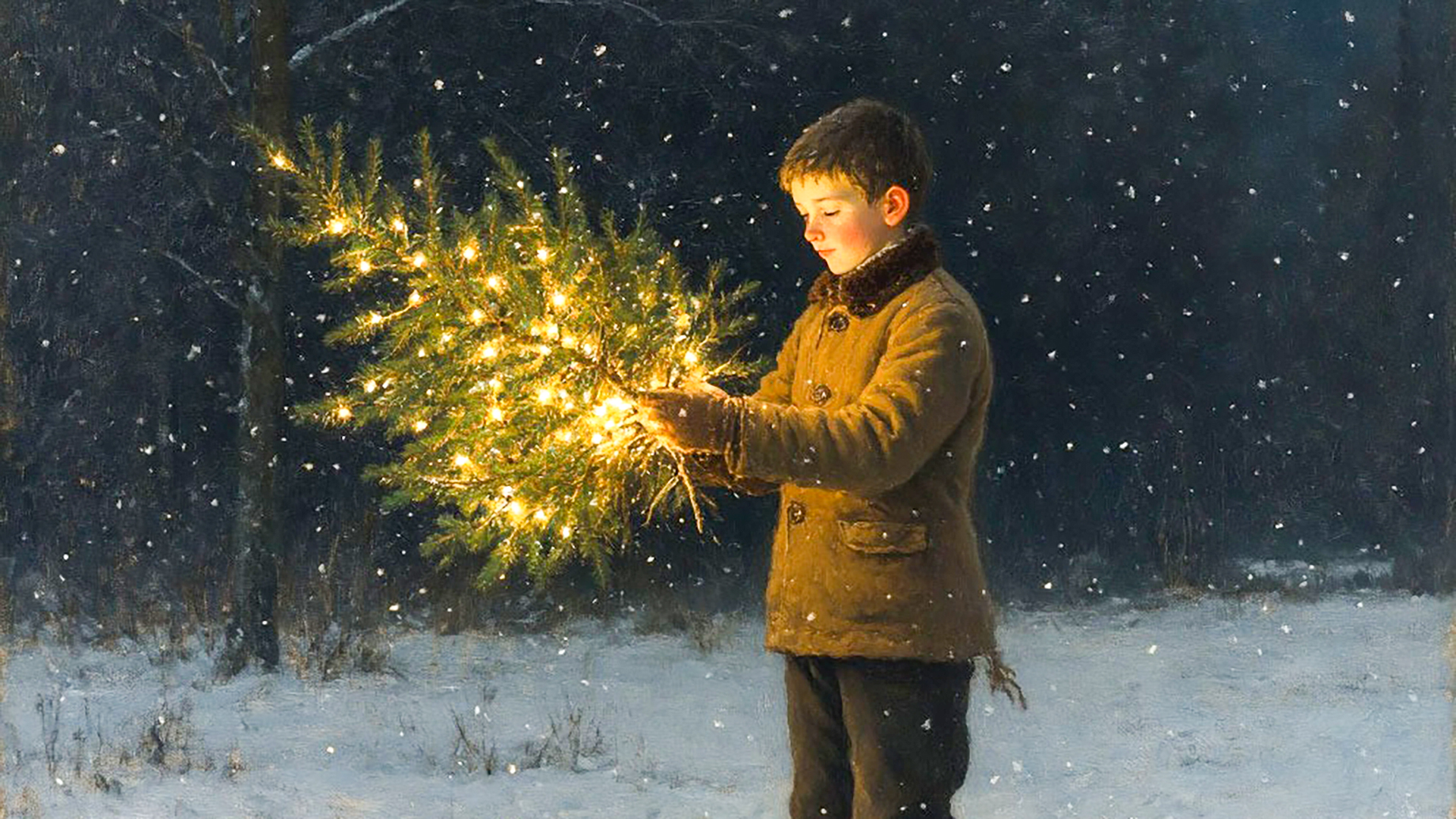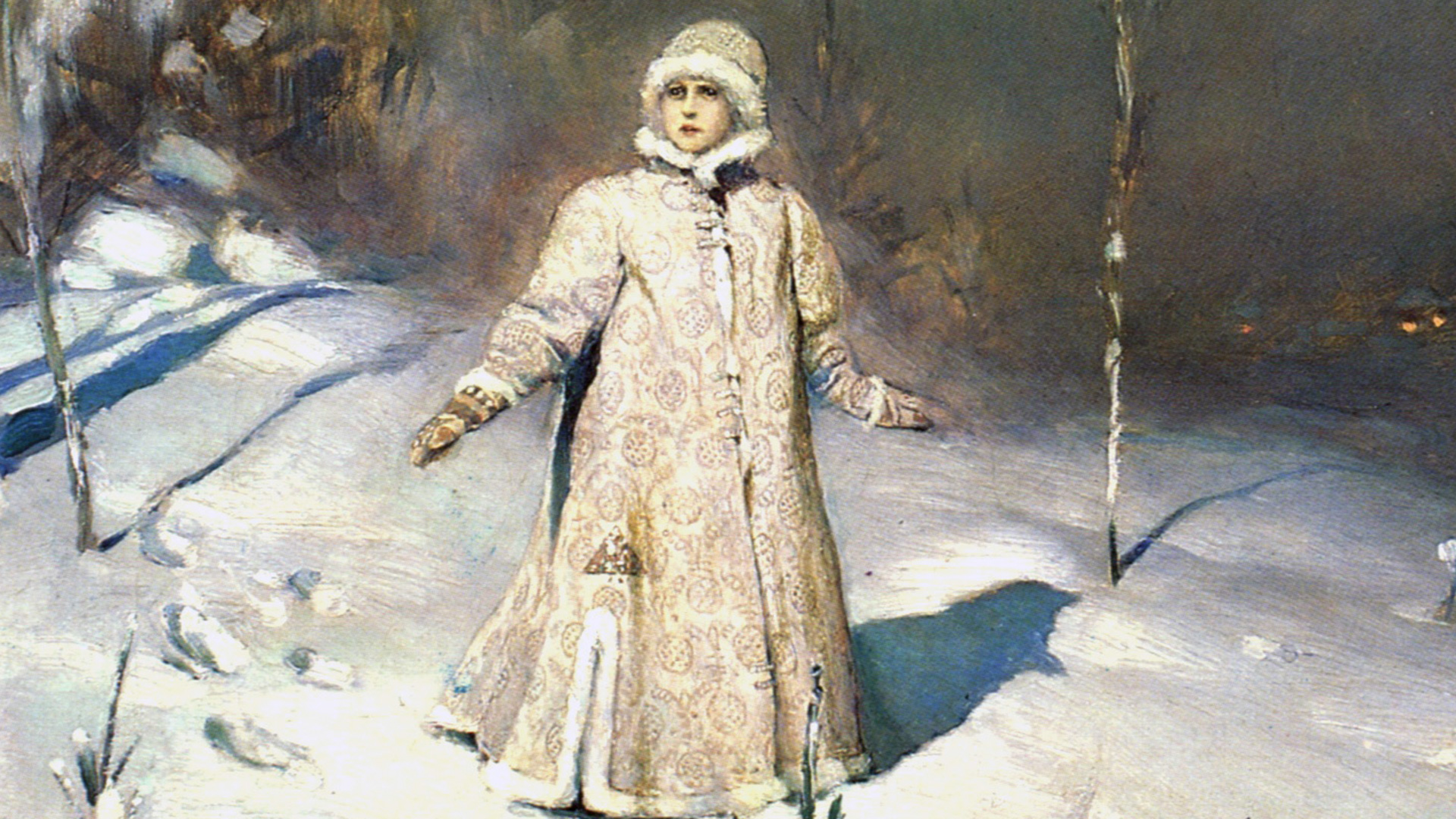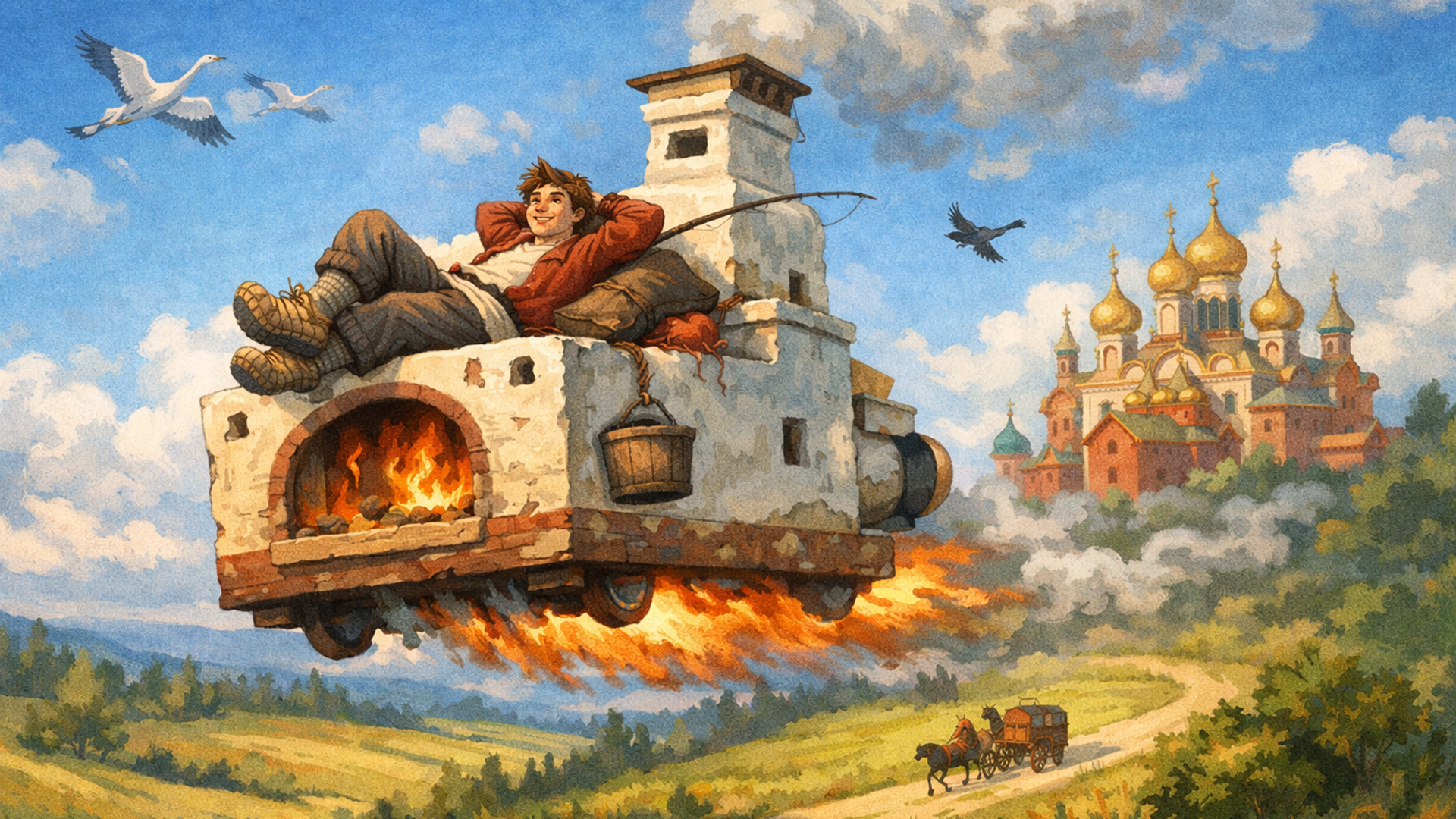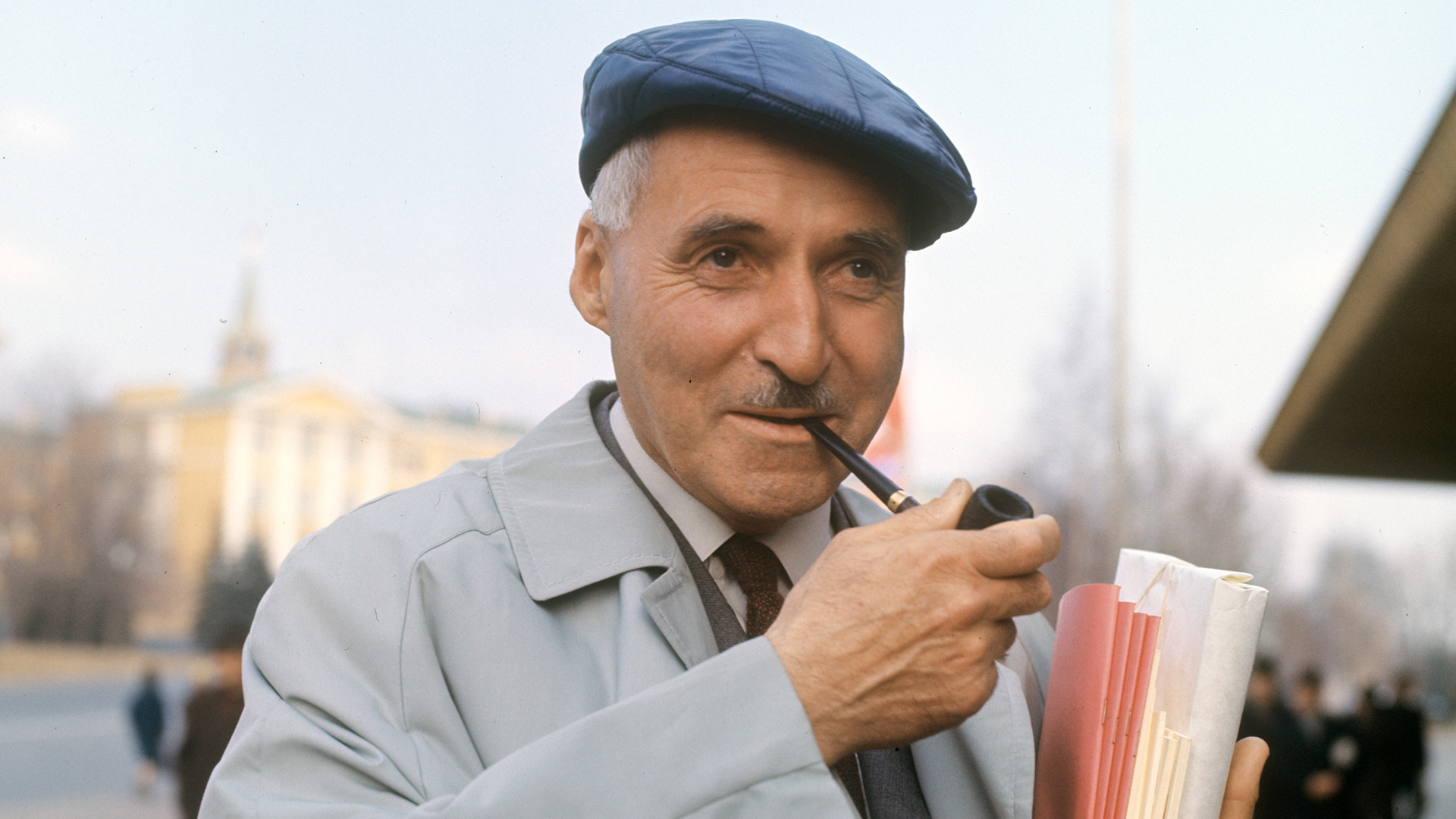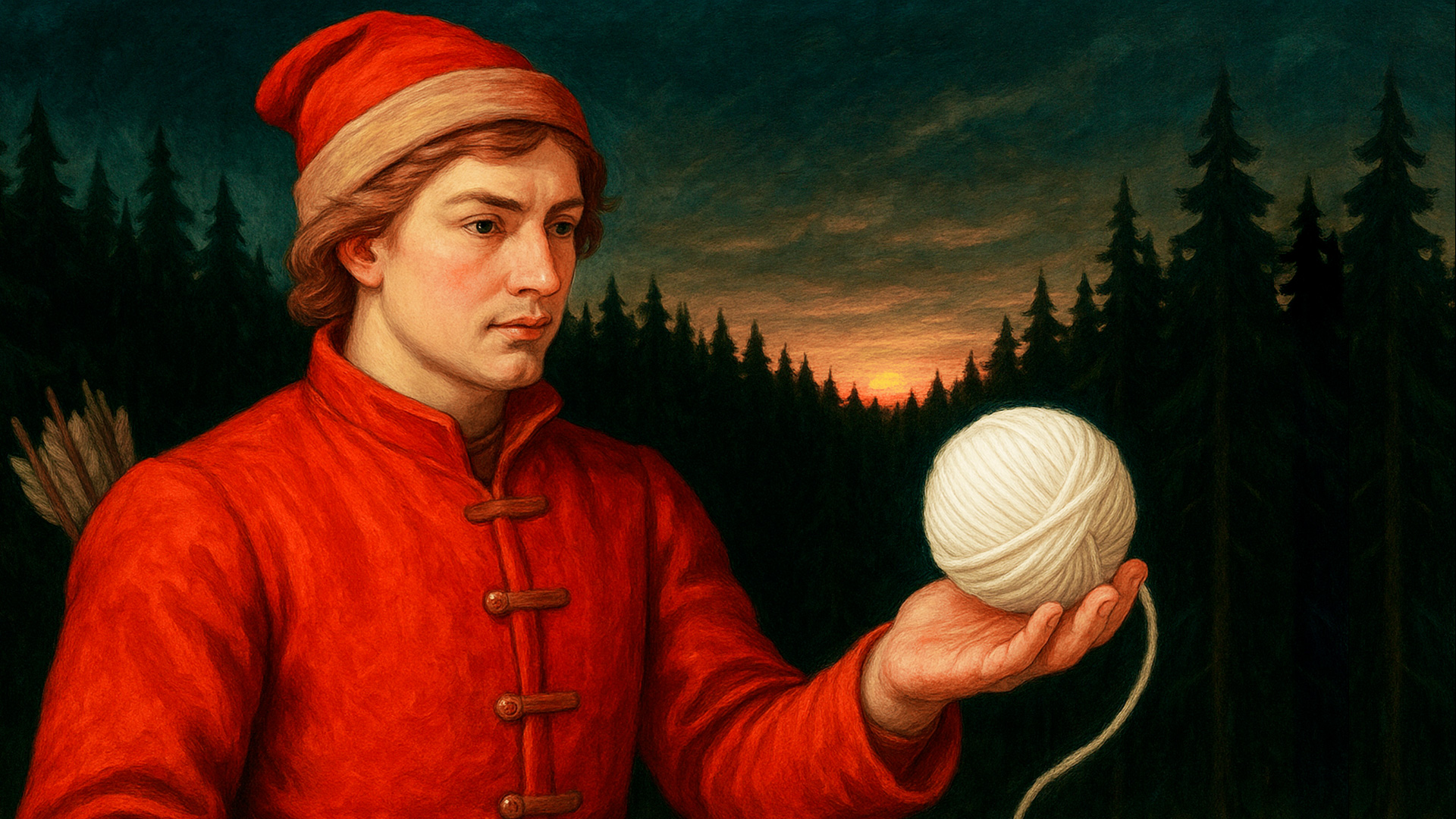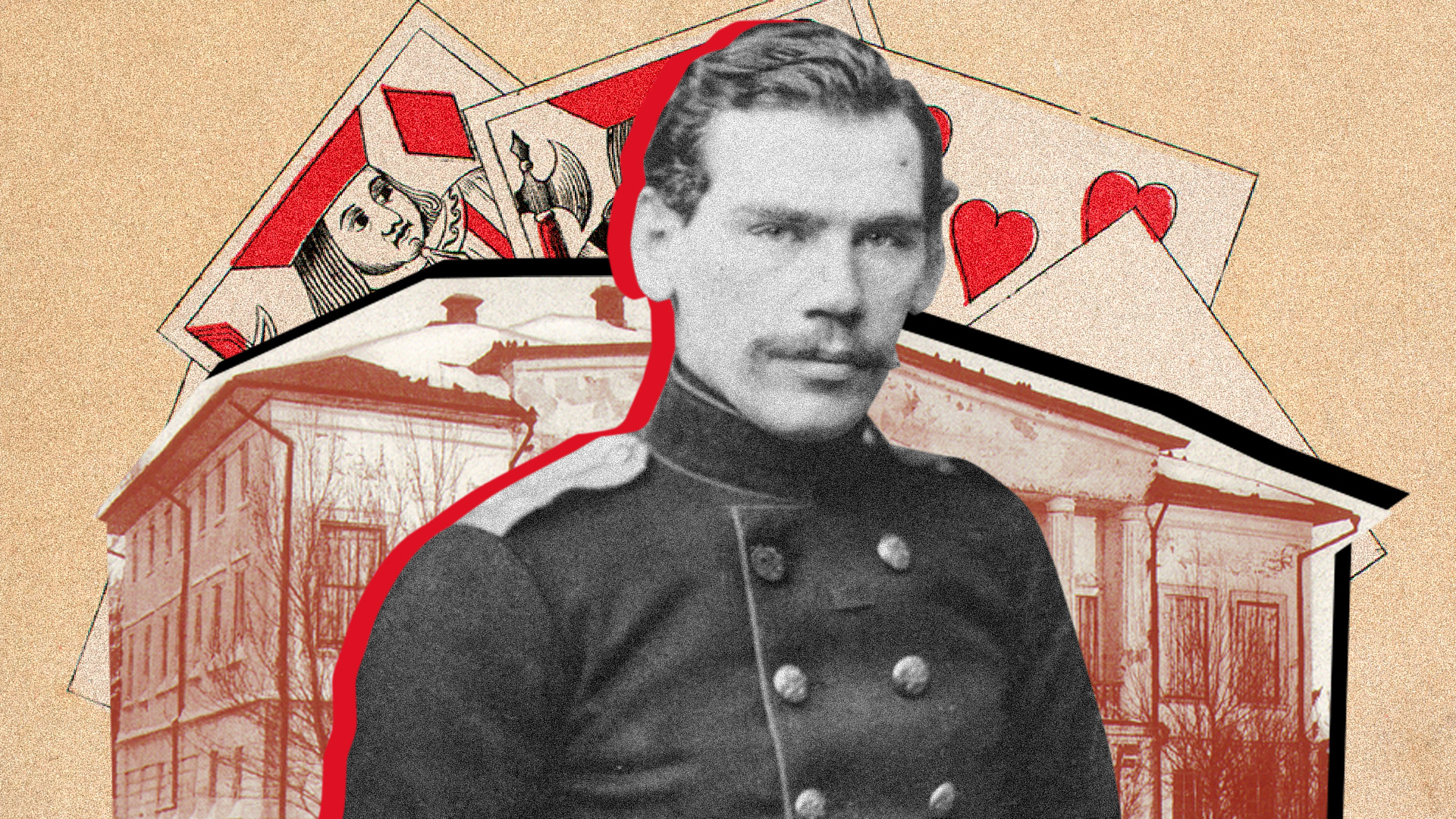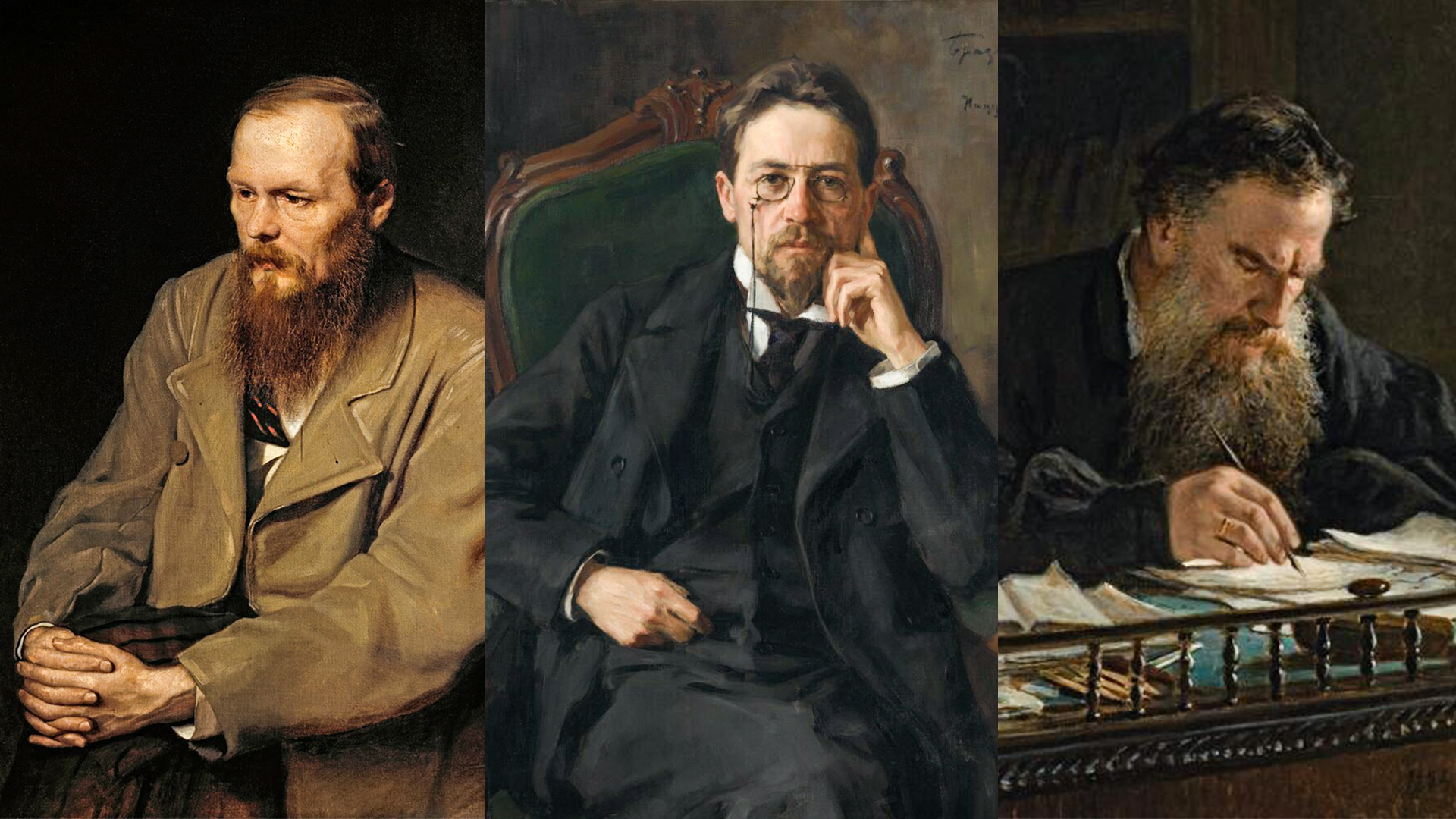
Why ‘Russian Language Day’ is celebrated on June 6

In 2011, a new public holiday appeared in Russia, the ‘Russian Language Day’. But why does it fall on June 6? That’s because the date is also the birthday of great Russian poet Alexander Pushkin, who is considered to be the founder of the modern Russian literary language.
Why is Pushkin the father founder of the modern Russian language?
 Pyotr Konchalovsky. Pushkin in Mikhaylovskoye, 1940
Pyotr Konchalovsky. Pushkin in Mikhaylovskoye, 1940
“Pushkin is our everything!” This famous phrase supposedly uttered by critic Apollon Grigoriev in 1859 is quite relevant for modern Russia, as well. Pushkin is also referred to as “the sun of Russian poetry” and Russia’s first proper (in the sense of most important) poet.

During his short life (only 37 years), he still managed to write 783 poems, 12 long poems, seven verse fairy tales for children, eight dramatic works, 15 novels and short stories, as well as a novel in verse titled ‘Eugene Onegin’, which is often referred to as “an encyclopedia of Russian life”.
Pushkin excelled in all genres and his easy syllable and melodic rhyme made his poems beloved and understood by all Russians. It is hard to find a theme, whether philosophical or life, that Pushkin would not have touched upon in his works.
 Pushkin monument opened in 1880
Pushkin monument opened in 1880
And what is most important is that he really did create a new literary language in the first half of the 19th century. It is the one that is now written and spoken in Russia. Before him, the written language of the 18th century was full of high-pitched expressions that were not used in oral speech. Pushkin, however, combined high and low styles, colloquial and written language. He also added foreign borrowings and, at the same time, mixed them up with stylistically reduced folk words. And he formalized this incredible mix so talentally in his poetry and prose that absolutely all Russian writers after him were oriented exactly on his language.
How is ‘Russian Language Day’ celebrated in Russia?
For the first time, large-scale celebrations related to Pushkin were organized in the USSR in 1937. However, back then, authorities were commemorating the 100th anniversary of the poet's death. A monument to Pushkin was unveiled in Moscow and the publication of a complete collection of works was launched. At the same time, a large exhibition was arranged and, as a result, the Institute of Russian Literature (aka Pushkin House) appeared.
 People next to the Pushkin monument in Moscow
People next to the Pushkin monument in Moscow
In the 1990s, the need for a ‘Russian Language Day’ was revisited. In 1999, Russia widely celebrated the 200th anniversary of Pushkin's birth. Then, the year 2007 was declared the ‘Year of the Russian Language’. Even before the holiday was officially approved in Russia, it was already celebrated in Crimea. And, since 2010, the UN has recognized June 6 as ‘Russian Language Day’ (the Russian language is among the top 10 in the world by the number of people speaking it, which is almost 260 million).
In 2011, then Russian President Dmitry Medvedev signed a decree on the annual celebration of the ‘Russian Language Day’. And, in the decree's statement, Pushkin is mentioned as “the founder of the modern Russian literary language”.
 Celebrating the Russian Language Day on Red Square
Celebrating the Russian Language Day on Red Square
Now, festivals, literary evenings and meetings are held all over Russia on this day. For 11 years now, the ‘Red Square Book Festival’ has been held right by the Moscow Kremlin walls in early June, where the ‘Russian Language Day’ and Pushkin's birthday are celebrated, as well.
Pushkin is the favorite poet of all the foreigners
It is believed that many poems are often lost in translation and Pushkin is an untranslatable poet. But, in spite of everything, Pushkin is still translated. For example, his poem ‘I Recell the Wondrous Moment’ is a real record-breaker, as it’s been translated into 210 languages! The novel in verse ‘Eugene Onegin’, meanwhile, has been translated into more than 100 languages and, in English alone, there are dozens of different translations of this work!
 'Red Square' book fair
'Red Square' book fair
For foreigners learning Russian, it is with Pushkin that a love of Russian literature usually begins with (And not with Tolstoy and Dostoevsky, which foreigners find difficult to read in the original). Thus, an Iranian student at the Pushkin Institute of Russian Language recently noted that “two centuries later, people read his works with interest”!
 A volume of Pushkin at the Non/Fiction book fair in Moscow
A volume of Pushkin at the Non/Fiction book fair in Moscow
“Pushkin saves me every day with his irony and his tenderness. Pushkin is a spiritual antidote to the vulgarity that besieges us daily. He is all about love and freedom and, indeed, about achieving happiness through living honestly. What could possibly be more important?” says Julian Lowenfeld, one of the best contemporary translators of Pushkin into English, who was granted Russian citizenship for his work and spreading of Pushkin's texts throughout the English-speaking world.




